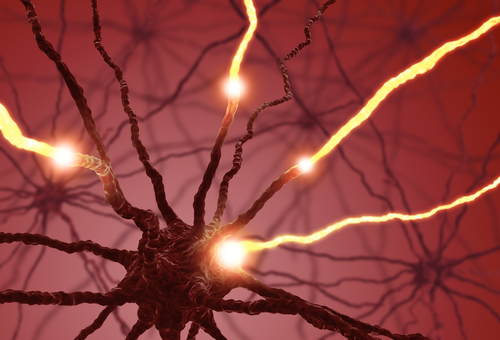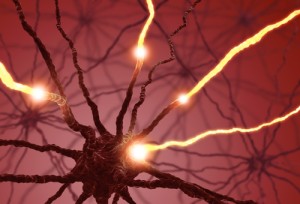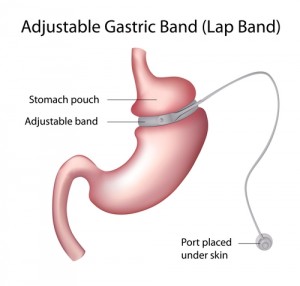Brain Cognition Improves Following Bariatric Surgery

 Although obese individuals are at a 35% higher risk for Alzheimer’s disease than healthy-weight individuals, it might be possible to reduce the risk by losing weight through bariatric surgery. “Changes in Brain After Bariactric Surgery,” published in Journal of Clinical Endocrinology & Metabolism by a group from University of São Paolo in Brazil, described alterations in brain activity and cognitive function in obese women following bariatric surgery.
Although obese individuals are at a 35% higher risk for Alzheimer’s disease than healthy-weight individuals, it might be possible to reduce the risk by losing weight through bariatric surgery. “Changes in Brain After Bariactric Surgery,” published in Journal of Clinical Endocrinology & Metabolism by a group from University of São Paolo in Brazil, described alterations in brain activity and cognitive function in obese women following bariatric surgery.
“Our findings suggest the brain is another organ that benefits from weight loss induced by surgery,” said study author Cintia Cercato, MD, PhD, in a news release from the Endocrine Society on News Wise. The team of researchers conducted a longitudinal study of 17 obese women undergoing Roux-en-Y gastric bypass (RYBG) surgery. The women were analyzed using positron emission tomography (PET) for brain function prior to and six months after surgery. Sixteen lean women were also evaluated to serve as controls.
 From the beginning, the obese women had higher metabolism in areas of the brain such as the posterior cingulate gyrus. The exacerbated brain activity was eliminated following surgery–metabolism was the same as that of lean women. “The increased brain activity the obese women exhibited before undergoing surgery did not result in improved cognitive performance, which suggests obesity may force the brain to work harder to achieve the same level of cognition,” said Dr. Cercato.
From the beginning, the obese women had higher metabolism in areas of the brain such as the posterior cingulate gyrus. The exacerbated brain activity was eliminated following surgery–metabolism was the same as that of lean women. “The increased brain activity the obese women exhibited before undergoing surgery did not result in improved cognitive performance, which suggests obesity may force the brain to work harder to achieve the same level of cognition,” said Dr. Cercato.
It is important to note a direct correlation to Alzheimer’s disease and bariatric surgery was not investigated. The association lies in the fact that the women performed better on executive function (the brain’s ability to connect past experiences with present actions) tests than they did before surgery. “Since bariatric surgery reversed [cingulate gyrus] activity, we suspect the procedure may contribute to a reduced risk of Alzheimer’s disease and other forms of dementia,” said Dr. Cercato, who noted that altered cingulate gyrus activity is linked to developing Alzheimer’s disease.
Intended to help dangerously obese people lose weight, bariatric surgery can be performed in a few ways. Stomach size can be reduced to create an earlier feeling of fullness and restrict food intake, part of the small intestine can be removed to limit the absorption of nutrients, or a combination of stomach and small intestine manipulation (RYBG) can be used. All 17 women received RYBG surgery.
[adrotate group=”3″]






